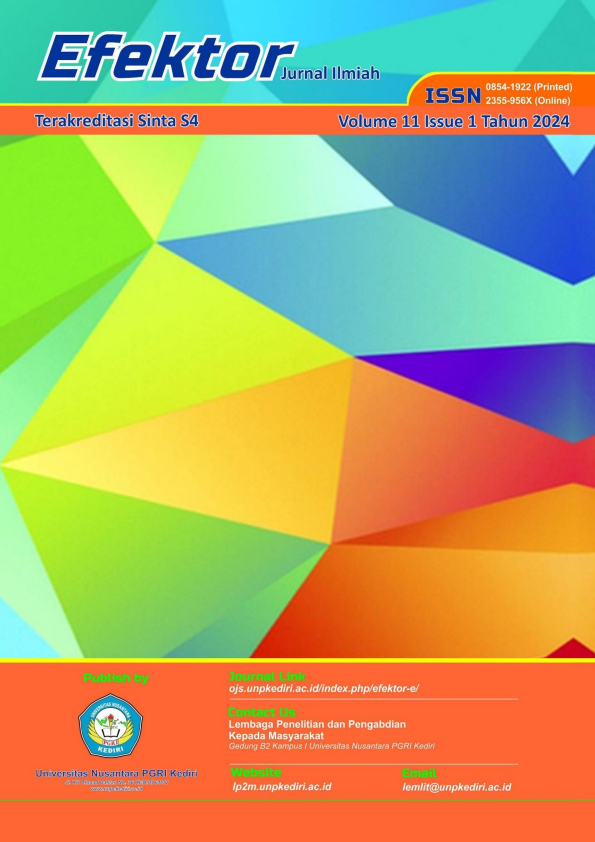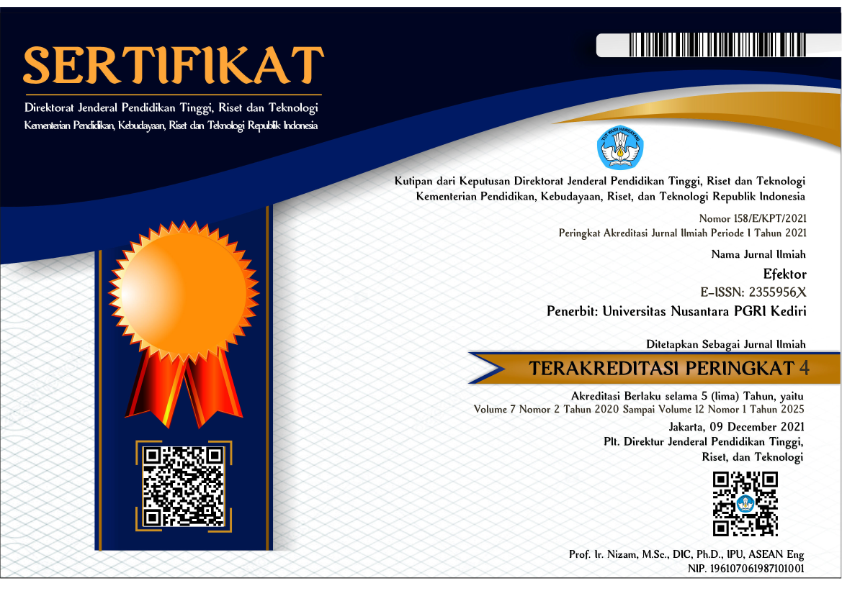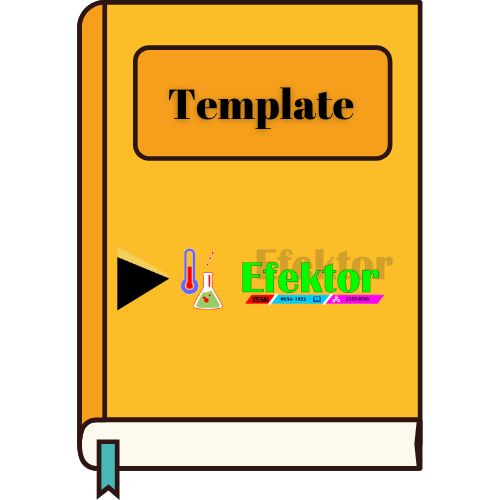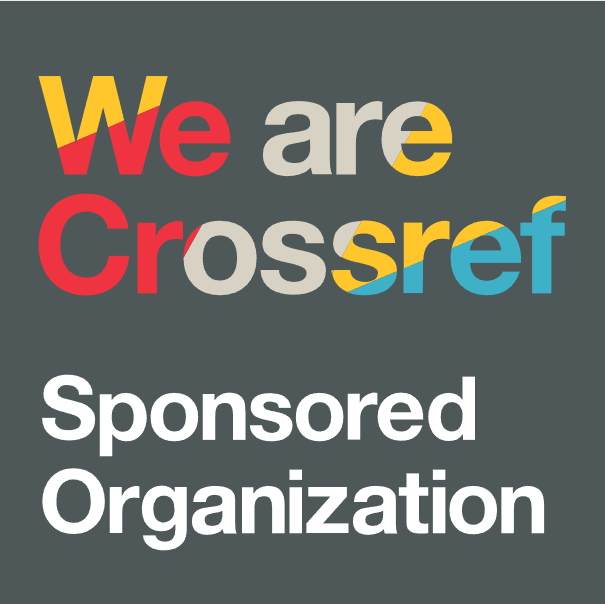The Effect of Role Playing on Interpersonal Intelligence Group B 5-6 Years Children
DOI:
https://doi.org/10.29407/e.v11i1.22672Keywords:
Role Playing, kChildren'saInterpersonalaIntelligenceAbstract
This study aims to determine the effect of role-playing on the Interpersonal Intelligence of 5-6-year-old children in Group B at TK Anggrek Kindergarten in Boidua Village, North Bulango District, Bone Bolangol Regency. It employed a quantitative research approach with an experimental method that applied treatment to influence the research sample, assuming that there would be changelling children's interpersonal intelligence. The results indicated that the experimental method in the Role Playing Influence on the Interpersonal Intelligence of 5-6 Years Children in Group B at TK Anggrek Kindergarten in Boidul Village, North Bulango District, Bone Bolango Regency. The test results showed at count = 5.879, t-table value at α = 0.05; dk = n-1 (15-1 = 14) was obtained = 2.145. Thus, the t count exceeded the t-table (T count=5.879≥ Ttable =a2.131). Based on the testing criteria that accept Ha: if Tcount ≥ Ttable α = 0.05; n-1. Therefore, the alternative hypothesis a (Ha) can be accepted. Hence, it can be stated that role-playing affects children's interpersonal intelligence.
References
Anggraini, Wardah, and Anggi Darma Putri. 2019. “UIN Sunan Kalijaga Yogyakarta 2 UIN Raden Intan Lampung Penerapan Metode Bermain Peran (Role Playing) Dalam Mengembangkan Kognitif Anak Usia 5-6 Tahun.” Jeced 1(2): 104–14.
Ai Sutini, Rika Sa'diyah "Meningkatkan Keterampilan Sosial Anak Usia Dini Berbasis Literacy Gardens" Jambura Early Chilldhood Education Journal, (2020) Hal (2).
Bachtiar, Muhammad Yusri. 2017. “Pengaruh Bermain Peran Terhadap Kecerdasan Interpersonal Pada Anak Kelas a Di Taman Kanak-Kanak Buah Hati Kota Makassar.” AWLADY : Jurnal Pendidikan Anak 3(2): 139.
Damayanti, Ranie., Myrnawaty CH., Hapidin. 2018. Pengaruh Bermain Peran Mikro terhadap Kecerdasan Interpersonal. Jurnal Pendidikan Anak Usia Dini. Vol 2 No 1 Page 34 – 44.
Depdiknas. 2003. Undang-Undang Nomor 20 Tahun 2003 tentang Sistem Pendidikan Nasional. Depdiknas: Jakarta.
Gontina, Rima, Kanada Komariyah, and Uswatun Hasanah Hasanah. 2019. “Penerapan Metode Bermain Peran (Role Playing) Untuk Mengembangkan Kecerdasan Intrapersonal Dan Interpersonal Anak.” Al-Athfaal: Jurnal Ilmiah Pendidikan Anak Usia Dini 2(1): 79–92.
Latif, Mukhtar dkk. 2014. Orientasi Baru Pendidikan Anak Usia Dini. Jakarta: Prenada Media
Madyawati, Lilis. 2016. Strategi Pengembangan Bahasa Pada Anak. Jakarta: Prenadamedia Group.
Maidita Putri, dkk. 2019. Efektifitas Penerapan Metode Bermain Peran Makro Terhadap Perkembangan Bahasa Lisan Anak Di TK Darullfalah Kota Padang. Jurnal Ilmiah Potensial, Vol.4(1),49-58.
Martinis Yamin Dan Jamilah Sabri Sanan. 2010. Panduan Pendidikan Anak Usia Dini. Jakarta : Gaung Persada Press.
Mukhtar Latif Dkk. 2014.Pendidikan Anak Usia Dini. Jakarta: Prenada Media Group
Mulyasa. 2012. Manajemen PAUD. Bandung: PT Remaja Rosdakarya
Nirwana. 2019. Penerapan bermain Peran Makro Terhadap kemampuan Berbicar. Jurnal Intruksional. Vol.1 No 1.
Nurani, Yuliani. 2016. Sentra Bermain Peran Mikro Tema: Salon. Jakarta: Indocamp
Nurani, Yuliani. Sujiono, Bambang. 2010. Bermain Kreatif Berbasis Kecerdasan Jamak. Jakarta : PT Indeks.
Nurhayati. 2016. Penerapan Bermain Peran Makro Untuk Meningkatkan Perkembangan Sosial Anak Kelompok B di TK Bakti Ibu Satu Mataram. Skripsi:Universitas Mataram
Putri, Pia Permata, Sumardi Sumardi, and Sima Mulyadi. 2020. “Pengaruh Permainan Treasure Hunt Terhadap Kecerdasan Interpersonal Anak Usia 5-6 Tahun.” Jurnal Paud Agapedia 4(1): 118–30.
Suherman, Wawan Sundawan. 2017. “Pengembangan ‘Majeda’ Berbasis Dolanan Anak Untuk Pengoptimalan Tumbuh Kembang Siswa Taman Kanak-Kanak.” Jurnal Cakrawala Pendidikan 36(2): 220–32.
Sugiyono. 2011. Metodologi Penelitian Kuantitatif, Kualitatif, dan R&D. Bandung: Alfabeta
Ulfah, Maulidya, and Yurida Khoerunnisa. 2018. “Pengaruh Penggunaan Strategi Pembelajaran Inquiry Terhadap Kecerdasan Naturalis Anak Usia Dini Di Kabupaten Majalengka.” Al-Athfal : Jurnal Pendidikan Anak 4(1): 31–50.
Downloads
Published
Issue
Section
License
Authors who publish with this journal agree to the following terms:
- Copyright on any article is retained by the author(s).
- The author grants the journal, the right of first publication with the work simultaneously licensed under a Creative Commons Attribution License that allows others to share the work with an acknowledgment of the work’s authorship and initial publication in this journal.
- Authors are able to enter into separate, additional contractual arrangements for the non-exclusive distribution of the journal’s published version of the work (e.g., post it to an institutional repository or publish it in a book), with an acknowledgment of its initial publication in this journal.
- Authors are permitted and encouraged to post their work online (e.g., in institutional repositories or on their website) prior to and during the submission process, as it can lead to productive exchanges, as well as earlier and greater citation of published work.
- The article and any associated published material is distributed under the Creative Commons Attribution-ShareAlike 4.0 International License













